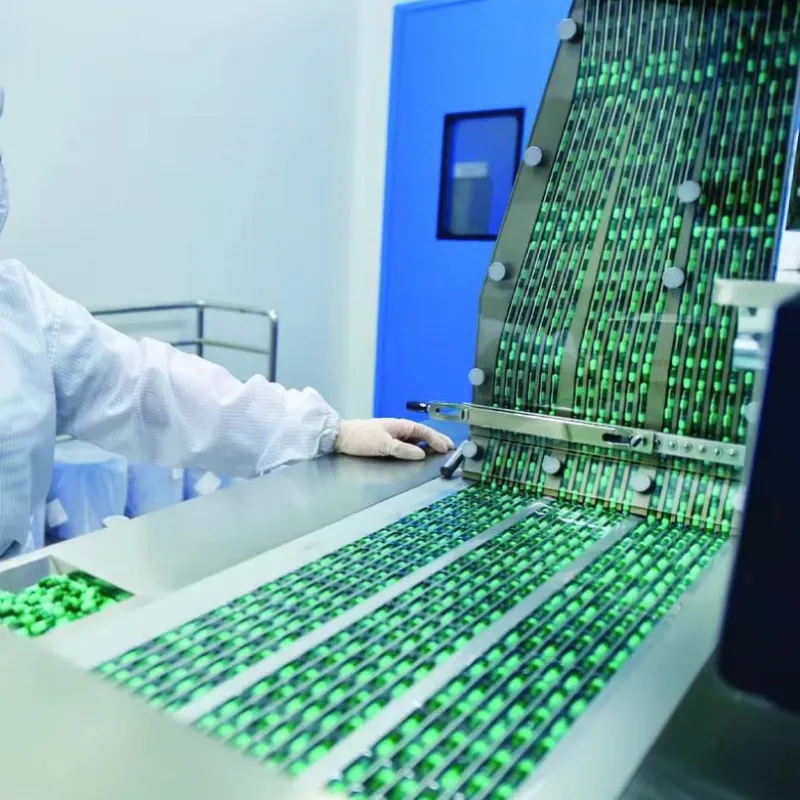- Afrikaans
- Albanian
- Amharic
- Arabic
- Armenian
- Azerbaijani
- Basque
- Belarusian
- Bengali
- Bosnian
- Bulgarian
- Catalan
- Cebuano
- Corsican
- Croatian
- Czech
- Danish
- Dutch
- English
- Esperanto
- Estonian
- Finnish
- French
- Frisian
- Galician
- Georgian
- German
- Greek
- Gujarati
- Haitian Creole
- hausa
- hawaiian
- Hebrew
- Hindi
- Miao
- Hungarian
- Icelandic
- igbo
- Indonesian
- irish
- Italian
- Japanese
- Javanese
- Kannada
- kazakh
- Khmer
- Rwandese
- Korean
- Kurdish
- Kyrgyz
- Lao
- Latin
- Latvian
- Lithuanian
- Luxembourgish
- Macedonian
- Malgashi
- Malay
- Malayalam
- Maltese
- Maori
- Marathi
- Mongolian
- Myanmar
- Nepali
- Norwegian
- Norwegian
- Occitan
- Pashto
- Persian
- Polish
- Portuguese
- Punjabi
- Romanian
- Russian
- Samoan
- Scottish Gaelic
- Serbian
- Sesotho
- Shona
- Sindhi
- Sinhala
- Slovak
- Slovenian
- Somali
- Spanish
- Sundanese
- Swahili
- Swedish
- Tagalog
- Tajik
- Tamil
- Tatar
- Telugu
- Thai
- Turkish
- Turkmen
- Ukrainian
- Urdu
- Uighur
- Uzbek
- Vietnamese
- Welsh
- Bantu
- Yiddish
- Yoruba
- Zulu
7 月 . 28, 2024 21:59 Back to list
Exploring the Effects of Phosphate Injection on Ecosystem Health and Agricultural Productivity
Understanding Phosphate Injection A Critical Component in Water Treatment
Phosphate injection is a widely utilized practice in various industries, particularly in water treatment processes. Phosphates are inorganic compounds that play a crucial role in managing water quality and enhancing the effectiveness of water treatment systems. The injection of phosphates into water systems serves multiple purposes, from preventing corrosion in pipelines to controlling the growth of harmful algae.
The Importance of Phosphate Injection
One of the primary reasons for phosphate injection in water treatment is to mitigate corrosion in metallic pipes. Corrosion can lead to significant infrastructure issues, including leaks and pipe failures. When water travels through metal pipes, it can react with the metal, resulting in the production of rust and other corrosive materials. By introducing phosphates into the water, a protective film is created on the surface of the metal, significantly reducing the rate of corrosion. This not only extends the lifespan of water delivery systems but also ensures that the quality of the water remains high.
In addition to corrosion control, phosphate injection plays a vital role in managing nutrient levels in water bodies. Nutrient imbalance, particularly nitrogen and phosphorus, can lead to eutrophication— a process that results in excessive growth of algae. This algal bloom can deplete oxygen levels in the water, harming aquatic life and disrupting ecosystems. By controlling the levels of phosphates through careful injection, water treatment facilities can help prevent such harmful algal blooms, thereby maintaining ecological balance.
Industrial Applications of Phosphate Injection
phosphate injection

Phosphate injection is not limited to municipal water treatment. It is also integral in various industrial applications. In power plants, for example, phosphates are often injected into boiler systems to control scale formation and inhibit corrosion. This helps improve operational efficiency and reduces maintenance costs. Similarly, in food processing facilities, phosphate additives are frequently used to enhance the quality and safety of products, ensuring that they meet health regulations.
Environmental Concerns
While the benefits of phosphate injection are substantial, it is essential to acknowledge the potential environmental concerns associated with its use. Excessive phosphate levels can lead to problems such as water pollution and biodiversity loss. The challenge lies in finding a balance between the necessary application of phosphates for industrial and treatment purposes and the need to protect natural water bodies from nutrient overloading.
Efforts are underway in various sectors to develop alternative strategies and technologies that minimize environmental impact. Advanced monitoring systems and more precise dosing mechanisms enable better control over phosphate levels in water systems. Furthermore, researchers are exploring biodegradable alternatives and enhanced methods for nutrient control that could reduce reliance on traditional phosphates.
Conclusion
Phosphate injection is a crucial process in water treatment and various industrial applications, offering significant benefits in controlling corrosion, preventing algal blooms, and improving overall operational efficiency. However, it is essential to approach the use of phosphates with caution and to remain vigilant about their environmental implications. Ongoing research and technological advancements will be vital in ensuring that the advantages of phosphate injection are harnessed responsibly, paving the way for sustainable water management practices that protect both infrastructure and ecosystems. Balancing efficacy with environmental stewardship will be key as industries continue to rely on phosphate injection in a world increasingly concerned with sustainability.
-
The Power of Radix Isatidis Extract for Your Health and Wellness
NewsOct.29,2024
-
Neomycin Sulfate Soluble Powder: A Versatile Solution for Pet Health
NewsOct.29,2024
-
Lincomycin Hydrochloride Soluble Powder – The Essential Solution
NewsOct.29,2024
-
Garamycin Gentamicin Sulfate for Effective Infection Control
NewsOct.29,2024
-
Doxycycline Hyclate Soluble Powder: Your Antibiotic Needs
NewsOct.29,2024
-
Tilmicosin Premix: The Ultimate Solution for Poultry Health
NewsOct.29,2024













